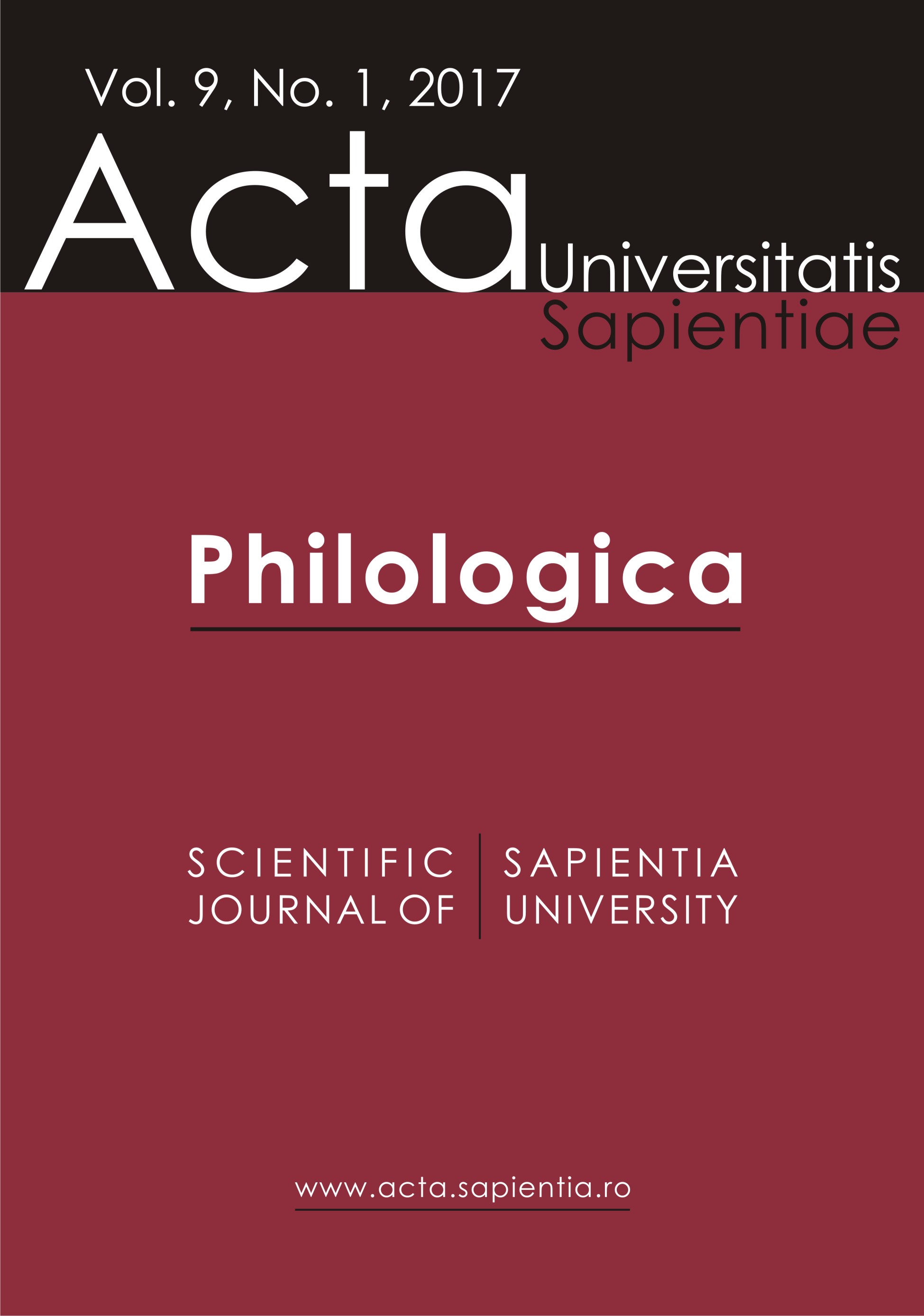Forms of Recall – Politics of Memory. Memory as the Non-Chronological Narrative Form of Historical-Political Identity Quest in the Kádár Regime and its Survival in the Postcommunist Period
Forms of Recall – Politics of Memory. Memory as the Non-Chronological Narrative Form of Historical-Political Identity Quest in the Kádár Regime and its Survival in the Postcommunist Period
Author(s): Gábor GelencsérSubject(s): Politics / Political Sciences, Social Sciences, Fine Arts / Performing Arts, Sociology, Film / Cinema / Cinematography
Published by: Scientia Kiadó
Keywords: Hungarian film history; non-chronological narrative form; Kádár regime; postcommunist period
Summary/Abstract: In the film art of the Kádár regime the modernist non-chronological narrative mode became the dominant form of remembrance and communicative memory. In the 35-year period between 1956 and 1990 we can find 35 films of this type (e.g. Dialogue [Párbeszéd, János Herskó, 1963], Twenty Hours [Húsz óra, Zoltán Fábri, 1965], Cold Days [Hideg napok, András Kovács, 1966], Love [Szerelem, Károly Makk, 1971], Lovefilm [Szerelmesfilm, István Szabó, 1970], Diary for My Children [Napló gyermekeimnek, Márta Mészáros, 1982]), the majority of which thematize the communicative memory of the recent past of the period (World War II, the Hungarian Holocaust, the 1950s, 1956, the Kádár consolidation) as opposed to the amnesia politics of the time. Although this cinematic corpus is connected to the film history of the Kádár era with all its elements (form: modernism; theme: communicative memory; political discourse: recollection; official politics of memory; the counter-discourse of Kádár’s amnesia politics), it survives in the postcommunist period (e.g. Hungarian Fragment [Pannon töredék, András Sólyom, 1998], White Palms [Fehér tenyér, Szabolcs Hajdu, 2006], Mom and Other Loonies in the Family [Anyám és más futóbolondok a családból, Ibolya Fekete, 2015]). After presenting the non-chronological narrative form of historical-political identity quest, the paper seeks to find reasons for the survival of this form and tries to draw conclusions regarding the social aspect and modes of expression of the Hungarian film history of the post.communist period
Journal: Acta Universitatis Sapientiae, Philologica
- Issue Year: 9/2017
- Issue No: 1
- Page Range: 173-185
- Page Count: 13
- Language: English

